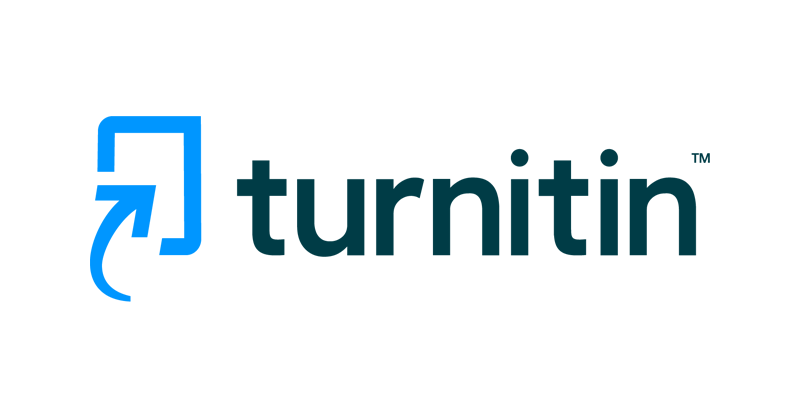An Analysis of A Junior High School’s Readiness In Optimizing Students’ Numeracy Skills To Face Minimum Competency Assessment
DOI:
https://doi.org/10.31943/mathline.v9i3.656Keywords:
Numeracy Skills, Mathematics Learning, Learning Planning, Learning Implementation, Learning EvaluationAbstract
In order to optimize students’ literacy and numeracy skills, the Indonesian government implemented Minimum Competency Asessment or Asesmen Kompetensi Minimum (AKM) for students in primary and secondary school. Therefore, it is essential to investigate schools’ readiness in facing the AKM. This study describes the planning, implementation, and evaluation of mathematics learning as efforts in optimizing students’ numeracy skills to face the AKM at a public junior high school in Klaten Regency, Central Java, Indonesia. The numeracy components consists of content (numbers, measurement and geometry, data and uncertainty, and algebra), context (personal, socio-cultural, and scientific), and cognitive process (understanding, applying, and reasoning). This research is a qualitative study with a case-study approach. Data collection in this study uses observation, interviews, and documentation techniques. The data analysis technique used in this research is an interactive flow model through stages of data collection. The study results indicate three findings. First, teachers prepare learning media, worksheet-books, and mathematics textbooks to support learning. The tutoring program for grade VIII focuses on solving numeracy problems, which is supported by an AKM book. However, teachers still need to develop a specific lesson plan and student worksheet, which contains problems with numeracy aspects. Second, during the learning implementation, the school has provided good facilities, teachers use learning media and student worksheet-books containing problems that only partially incorporate numeracy components. Third, teachers have conducted assessments and created scoring guidelines in the learning evaluation stage. However, the evaluation shows that the practice provided does not include problems with numeracy components.
Downloads
Downloads
Published
How to Cite
Issue
Section
License
Copyright (c) 2024 Aulia Hanif Annisa, Sri Rejeki, Sugiyanti Sugiyanti

This work is licensed under a Creative Commons Attribution-ShareAlike 4.0 International License.














